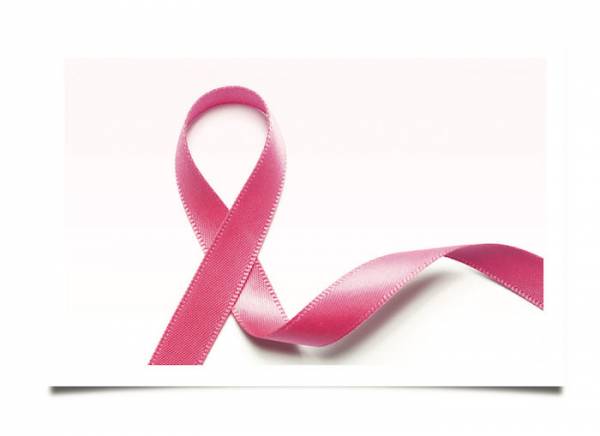HER-2 Positive Breast Cancer: An Aggressive Type of Cancer
 Breast cancer is the most common type of cancer among women. Each year about 1.67 million new cases are diagnosed worldwide, and over 500,000 women die from the disease.
Breast cancer is the most common type of cancer among women. Each year about 1.67 million new cases are diagnosed worldwide, and over 500,000 women die from the disease.
This means that globally, one woman is diagnosed with breast cancer every 20 seconds and more than three women die of breast cancer every five minutes worldwide.
Early and advanced breast cancer
With breast cancer, if the cancer is present either in the breast or in the breast and local lymph nodes and if it is considered operable, the disease is classified as early breast cancer (eBC).
The term advanced breast cancer (aBC) can be used to describe progressive or recurrent locally advanced, or metastatic, disease.
Locally advanced breast cancer means that the cancer has spread locally in the area of the breast to the skin or chest wall, but not to the distant organs.
Metastatic breast cancer occurs when the cancer has spread further to other parts of the body such as the bone, liver, lung or brain.
Although more women are diagnosed with early rather than advanced breast cancer each year, most deaths are due to advanced disease. Statistics show that only one in four people diagnosed with advanced breast cancer will still be alive five years later.
HER2-positive breast cancer: an aggressive disease
Approximately one in five women diagnosed with breast cancer worldwide will have HER2-positive breast cancer, a particularly aggressive form of the disease if left untreated.
Globally, approximately 334,000 women are diagnosed with this type of breast cancer every year.
HER2-positive breast cancer occurs when cells over-produce the protein HER2 (human epidermal growth factor receptor 2).
HER2 proteins help cells to grow and divide, thus excessive amounts can lead to tumour development.
A HER2-positive cancer cell has approximately two million HER2 proteins on its surface – around 100 times more than a normal cell.
Pairing of HER proteins (also called dimerisation) is a vital step in the signalling pathway that leads to cancer cell growth.
There are four proteins in the HER family, and HER2 has been found to pair with other HER family members, including other HER2 proteins. This act of pairing can send additional signals to encourage the cancer cell to grow and multiply.
Treating breast cancer early
In the past, people with HER2-positive breast cancer were expected to have worse survival outcomes than people with HER2-negative disease.
Over the past 15 years, significant progress has been made, and today people with HER2-positive breast cancer treated with HER2-targeted medicines typically experience better outcomes than people with less aggressive HER2-negative disease.
However, as there is currently no cure for HER2-positive advanced breast cancer, it is crucial that patients are treated with effective therapies as early as possible with the goal of getting rid of the cancer for good.
There is also the issue of cancer recurring and developing into an incurable advanced stage, which is more common in HER2-positive breast cancer patients.
In fact, it is estimated that two out of three cases of HER2-positive advanced breast cancer (aBC) are a result of recurrence, as opposed to advanced breast cancer being the initial diagnosis.
Why does preventing cancer recurrence matter?
Half of women with HER2-positive advanced breast cancer will not live beyond five years.
During this time, many treatments, interventions and hospital stays are required to help patients live as long as possible, while feeling as well as possible.
This can have a serious impact on the physical, functional and emotional wellbeing of patients and their families, particularly as many women who are diagnosed with HER2-positive advanced breast cancer still have children living at home or have work and family responsibilities.
Many people with breast cancer suffer psychological distress as a direct result of their diagnosis. However, it is not just cancer patients who suffer psychologically; 67% of carers experience anxiety and 42% experience depression.
Furthermore, over three-quarters (77%) of caregivers miss work when caring for a loved one during the terminal period of breast cancer.
The personal and productivity losses caused by advanced breast cancer can have profound and wide-reaching implications for society.
When breast cancer is diagnosed and treated early, it may provide the best chance of preventing disease from returning and potentially reaching an incurable stage.
That is why it is so important to continue to advance treatment in this setting: to strengthen our defense against cancer and reduce the risk of recurrence for people with this aggressive disease.
HER-2 Positive Breast Cancer: An Aggressive Type of Cancer originally appeared on Parkway Cancer Centre and has been republished with permission
Further Reading
The article above is meant to provide general information and does not replace a doctor's consultation.
Please see your doctor for professional advice.
